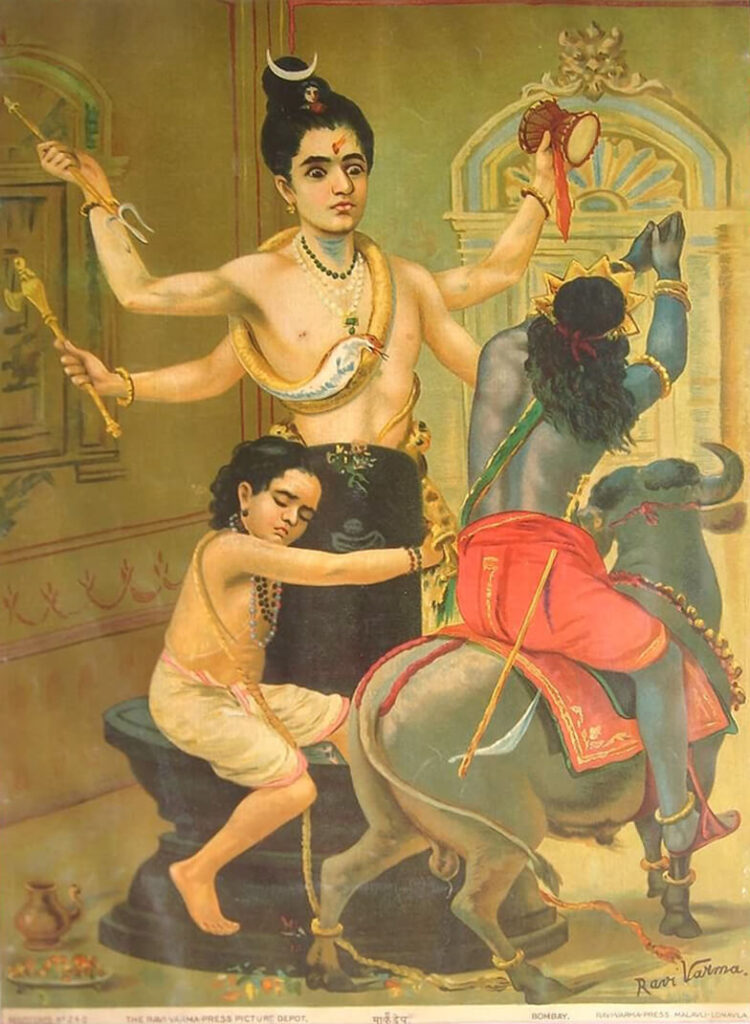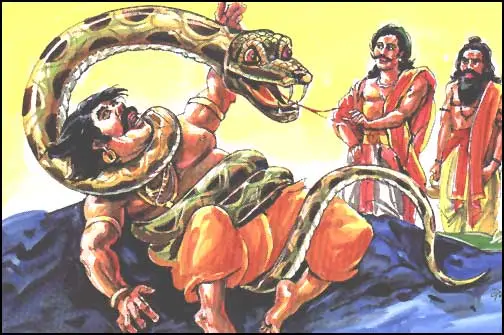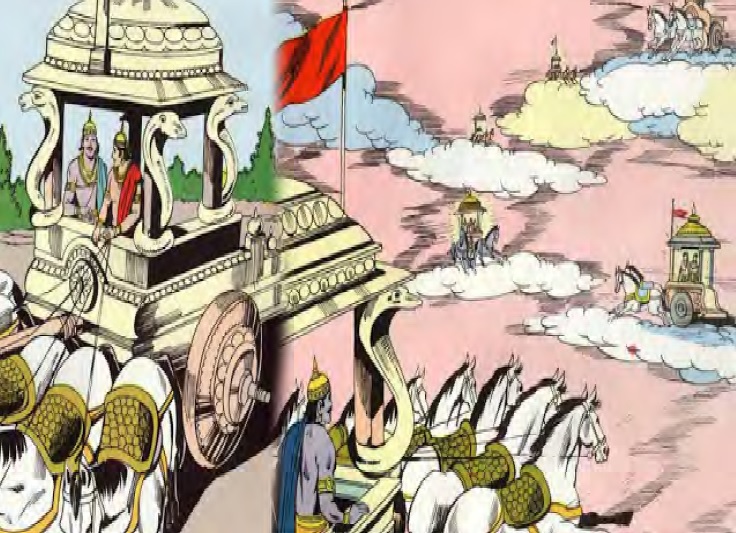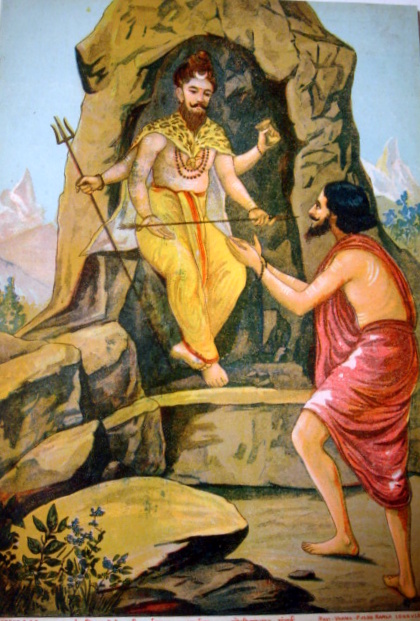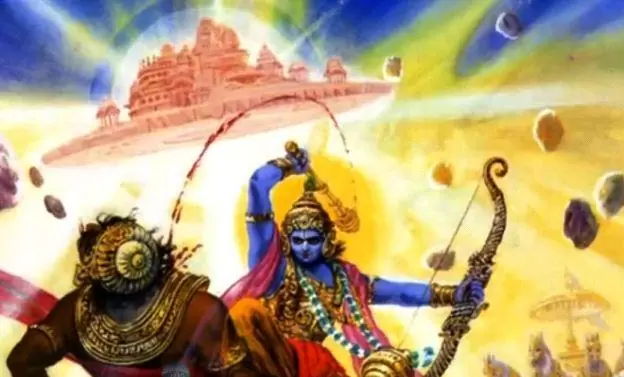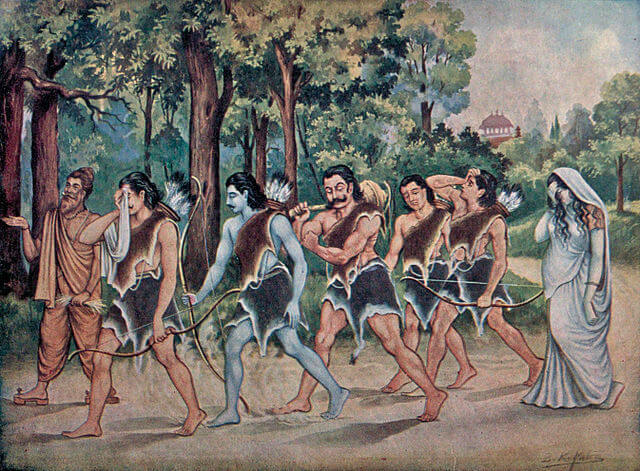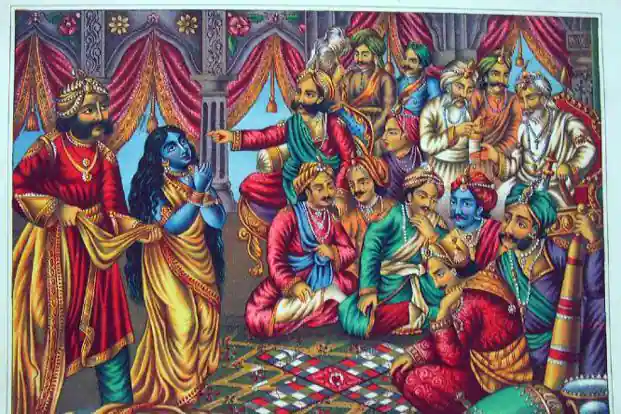Markandeya Parva is the thirty seventh upa parva included in the third maha parva, named as Vana parva or Aranyaka parva in the epic Mahabharat. The original epic was composed by Vyasa in Sanskrit. Vyshampayana had narrated to Janamejaya the historical events, happened in the forests on his queries.
Who was Markandeaya Rishi, and what was his specialty?
Markandeya Rishi was a great devotee of God. God had blessed him with a boon to live for unlimited time on the Earth. Whenever God appeared by his incarnation, he could see him face to face and talk to him. When Krishna was born, he desired to visit him and found him lying on the leaf of a big banyan tree. When Krishna married Satyabhama and visited Yudhishtira at Kamyakavana, he wished to see the couple and hence visited there. He could remember many events, and he could continue to live for many Yuga periods. He was able to preserve his body himself during the Pralaya or world reshuffling, and it was his specialty.
